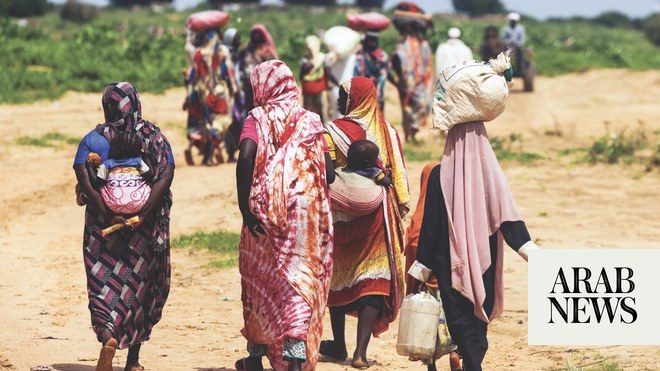
here has not been much reason to talk about Serena Williams lately. She last competed in late September, withdrawing from the second round of the French Open with an achilles injury, and has been resting, baking cookies with her family and training for the new season. Considering how uninteresting all of these things are, it would have been fair to assume that only when she finally began her season would she attract some attention in the new year.
Instead, she attracted attention this week after Ion Tiriac, a former player and now owner of the Madrid Open, sent unsolicited comments her way. Tiriac was appearing on a Romanian television show and was asked if he had doubts before Simona Halep’s 2019 Wimbledon final. He responded by referring to Williams, the Romanian’s opponent, as a monster. “At this age and the weight she is now, she does not move as easily as she did 15 years ago,” he said. “Serena was a sensational player. If she had a little decency, she would retire.”
The only surprise was the journalist he was speaking to, Irina Pacurariu, directly challenged him. “You are mean. You were very misogynistic every time you judged Serena,” she said.
None of this is a shock. Tiriac has directed similar comments towards Williams numerous times. It reflects what Williams has had to deal with throughout her career. Even when there is no reason for her name to cross any lips, at some point she will always have to deal with racist and/or sexist comments from people in positions of prominence within her own sport.
It is worth recalling some of the incidents. Two years ago, in the early months of her return from maternity leave, Tiriac decided to shame her weight: “With all due respect, she is 36 years old and 90 kilograms,” he said to the German magazine Sport Bild. “I would like to see something else, I would like to see a player like Steffi Graf.”
In 2017, shortly after Williams announced her pregnancy, Tiriac’s good friend and countryman Illie Nastase, Romania’s Fed Cup captain, commented on Williams’s unborn child during the tie against Great Britain. “Let’s see what colour it has. Chocolate with milk?” he said.
In 2018, after Williams returned to grand slam competition in Paris wearing a bodysuit, the French federation president, Bernard Giudicelli, stated he would ban such outfits. “I believe we have sometimes gone too far,” he said. “Serena’s outfit this year, for example, would no longer be accepted. You have to respect the game and the place.”
In 2014, Shamil Tarpischev, president of the Russian tennis federation, referred to Serena and her sister, Venus, as the Williams brothers on a talk show. Sitting quietly to his left was Williams’s old rival Elena Dementieva.
There has always been enough misogyny to go around. In that Fed Cup tie, Nastase was abusive to a female British journalist and the GB captain, Anne Keothavong. In 2016, the Indian Wells tournament director, Raymond Moore, concluded his event with a flourish: “If I was a lady player, I’d go down every night on my knees and thank God that Roger Federer and Rafa Nadal were born because they have carried this sport.”
As Justin Gimelstob, a former player, managed to rise up to a position of considerable influence on the ATP player council, he never received a proper reckoning for his threatening, misogynistic comments about Anna Kournikova and others. It took an assault conviction for him to be forced to step away from the tour.
The most prominent women’s sport in the world is crawling with people in positions of power who have consistently demonstrated abhorrent misogyny and racism. While some have received punishment, these events have constantly been viewed as isolated incidents. There has never been any initiative from the governing bodies to preemptively address this culture and to hold even the most powerful figures to a clear code of conduct.
As a black woman and one of the most prominent sports figures in the world, no athlete receives more consistent abuse than Williams. When these incidents occur, it is easy to conclude that she is strong and successful enough for outside voices not to bother her. But after two decades on the receiving end of misogyny it is difficult to imagine these incidents have not left a mark. Yet in a week she will travel to Australia to begin the 25th season of her career.












